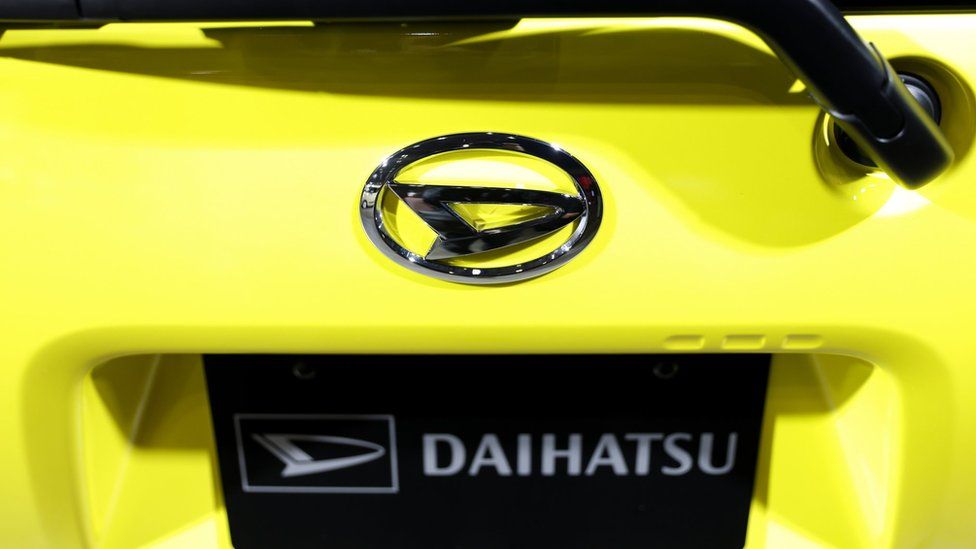-

-
-
Loading

Loading

Car manufacturer Daihatsu, which is owned by Toyota, has closed all four of its plants in Japan until the end of January. The company admitted to falsifying safety tests on 64 models over a span of three decades. The closures include its headquarters in Osaka, with the last closure occurring on 25 December. Approximately 9,000 workers are at risk of losing their jobs due to this scandal, which could also impact Toyota's reputation. Out of the 64 models involved in the scandal, 24 are sold under the Toyota brand. Daihatsu has stopped shipments of its vehicles following a transport ministry investigation, and the company stated that the falsification of test results was due to pressure to maintain production. Daihatsu intends to cooperate with its main suppliers to address the consequences of the scandal and may help its smaller subcontractors access support funds. During the plant closures, the company plans to compensate its 423 domestic suppliers, with whom it has direct business relationships. Established in 1907, Daihatsu sells approximately 1.1 million cars annually, accounting for 10% of Toyota's total vehicle sales. According to motor industry analyst David Bailey, the scandal initially began in April with falsified collision tests. More issues were later discovered by an independent commission, including airbags and speed tests. While there is no indication that the affected products were unsafe, the testing process was manipulated. Toyota's reputation suffered in 2009 and 2012 due to recalls and faulty components, leading to a shift in their approach to quality. Observers suggest that the pressure to grow has impacted various carmakers, citing a similar situation with Volkswagen in 2015.